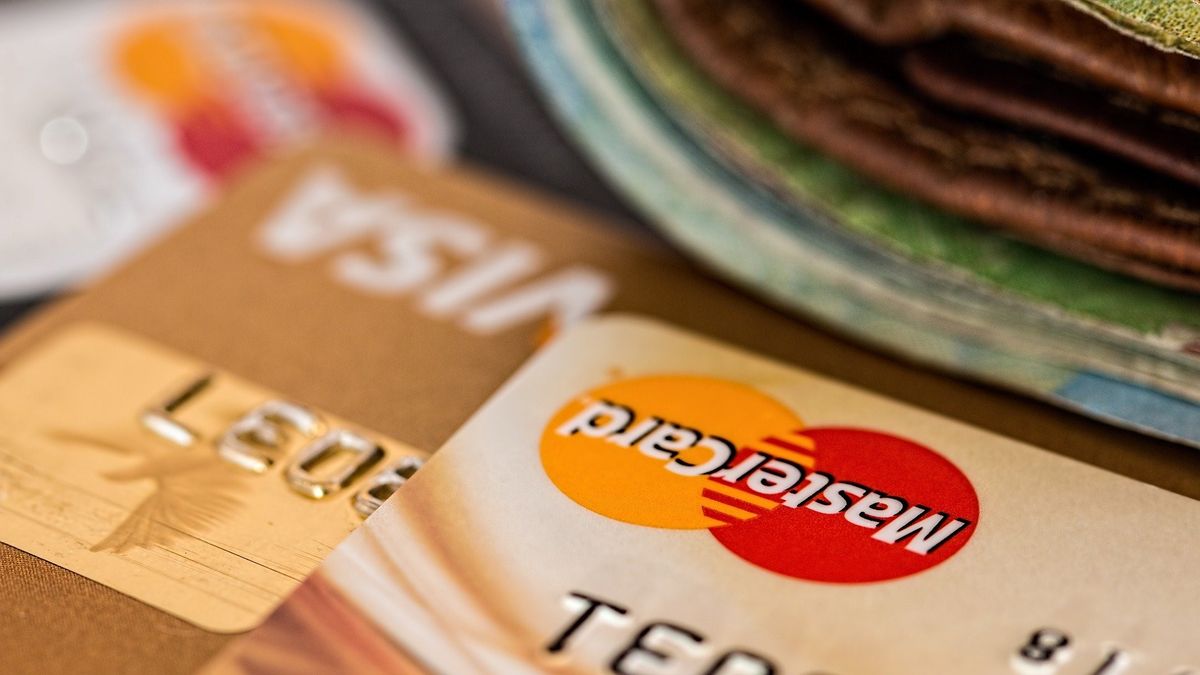Consumer borrowing in the U.S. fell at the fastest rate in almost 80 years in April as Americans cut back on their use of credit cards amid the coronavirus pandemic.
The latest Federal Reserve data revealed total consumer credit fell by $68.8 billion - or 19.6% - in April, the largest one-month decline since 1943. Driving the fall was a record 64.9% drop in credit card borrowing, with Americans spending some $58.3 billion less on the best credit cards than in March. A $10.5 billion - or 4% - drop in auto loans and student loans accounted for the rest of the headline decline.
The spending habits of Americans have changed dramatically following the COVID-19 outbreak, with record unemployment and disrupted incomes forcing households across the U.S. to reflect on how they manage their finances. With people cutting back on their spending - both consciously and because there have been fewer opportunities to spend in lockdown - the savings rate hit a record high in April.
Move away from credit cards to debit cards
Another trend commonly seen at times of economic turbulence is a shift away from credit card spending to the use of debit cards instead. Indeed, such a swing has already been noted by Visa, where credit card volumes fell 21% in May year-over-year, while debit card volumes increased by 12%. While credit cards involve borrowing money and can attract high interest rates, a regular debit card will take funds from your banking account and, as long as you have the money available, does not usually come at a charge.
Anticipating a potential $100 billion annual shift from credit cards to debit cards over time, Visa executive Oliver Jenkyn said: “There's a consumer psyche of sort of not spending someone else's money but spending my own money. We saw it before in 2008. We even saw it in late 2018, where there was the government shutdown, the first skirmishes with the trade war with China, and the stock market took a big dip at that time. Consumers didn't stop spending but they pulled back on credit, and they moved it to debit. So there's the sort of psyche and difficult economic times where we'll see a shift from debit to credit.”

Where people continue to use credit cards, Jenkyn also expects consumers to have different - and more practical - priorities going forward.
“We've seen this in the past, where instead of getting like a high-end high annual fee travel card, I need to get a low or no fee cashback card,” he explains. “So like the rewards I'm getting from still spending on credit. There are going to be pragmatic, tangible things I can put to use as opposed to like saving up for that Bali trip.”
How to use your credit card wisely
While some people may be in a position to start paying down their debt, others will inevitably be leaning more heavily on their credit cards as a means to manage financially. At the start of May, almost a quarter of Americans said the coronavirus had seen them sink further into the red on their credit cards.
If possible, you should tread carefully with credit cards during this period, and make sure you seek out the other options that might be available, such as the best personal loans online.
Find out how the largest credit card companies are helping their customers.
Importantly, if you do use a credit card, try to pay off your balance in full and on-time - the high interest rates on credit card debt can be dangerous at the best of times, but could become a massive problem during a period of high unemployment.
If you can’t make your monthly payment, try your best not to use the credit card, and contact your credit card issuer. Most credit card borrowers will qualify for help that has been introduced since the pandemic struck.
Inevitably, some will have credit card debt that they will continue to struggle with. If you fall into this category, the best debt consolidation companies might be able to help you find a lower interest rate and save money.

